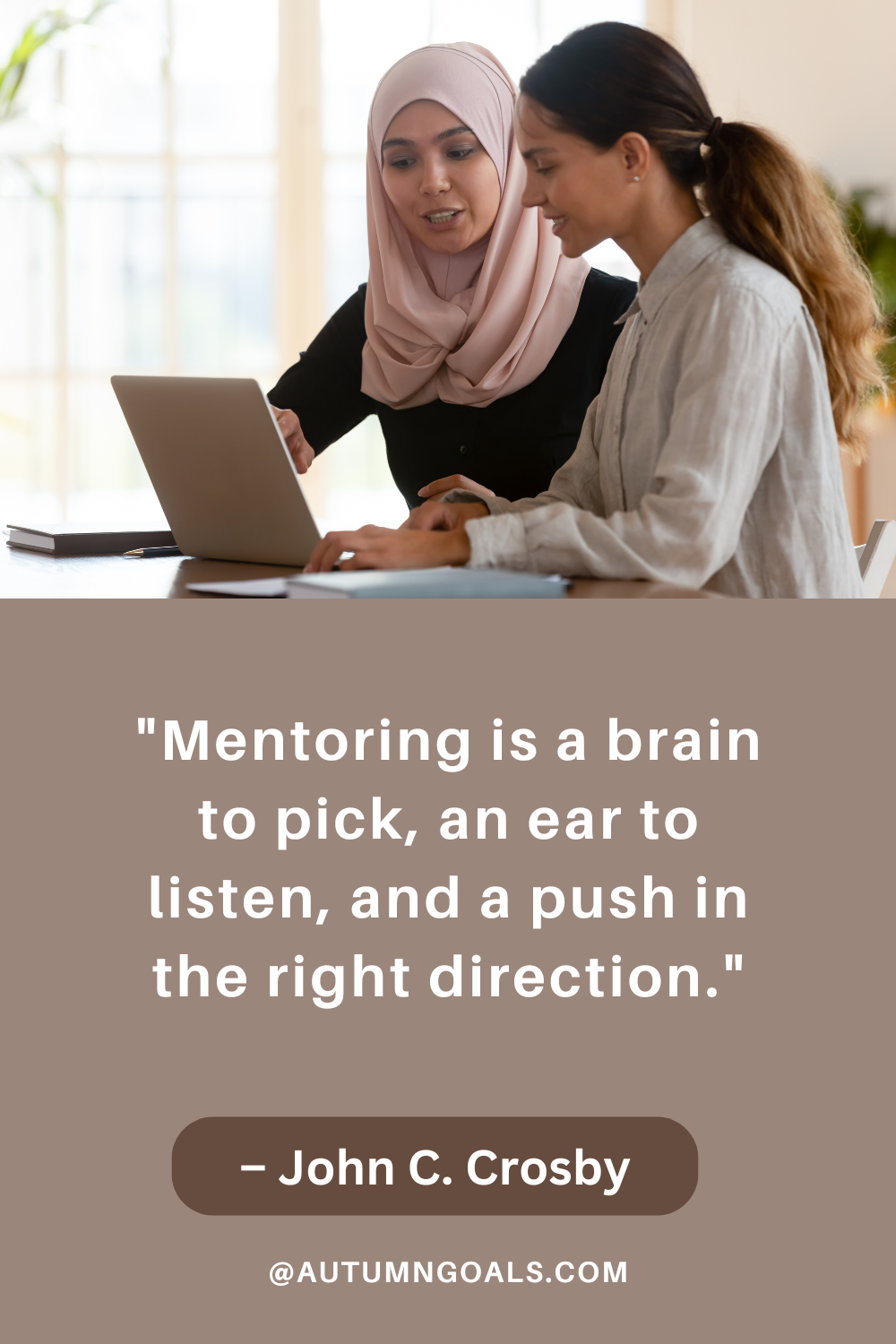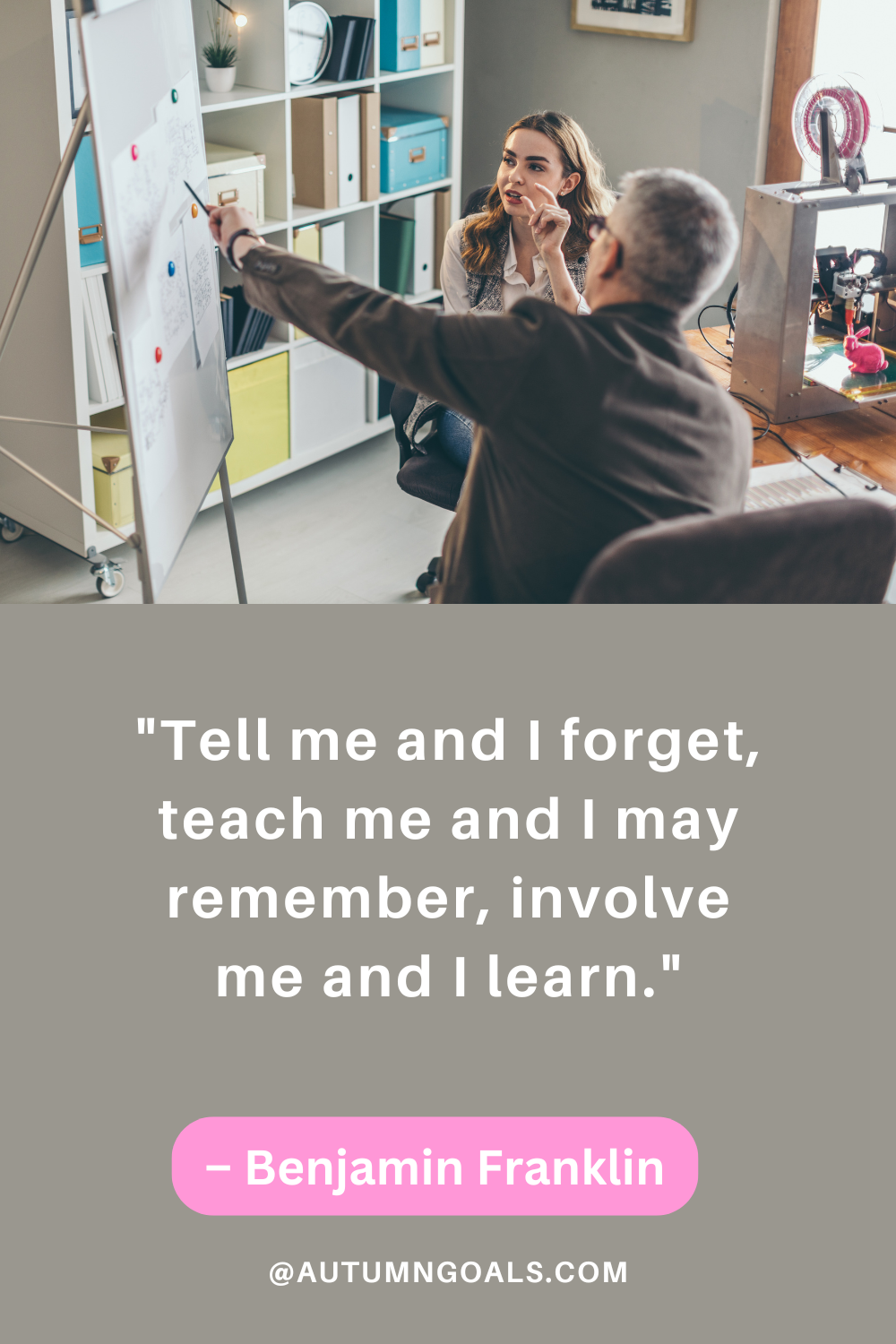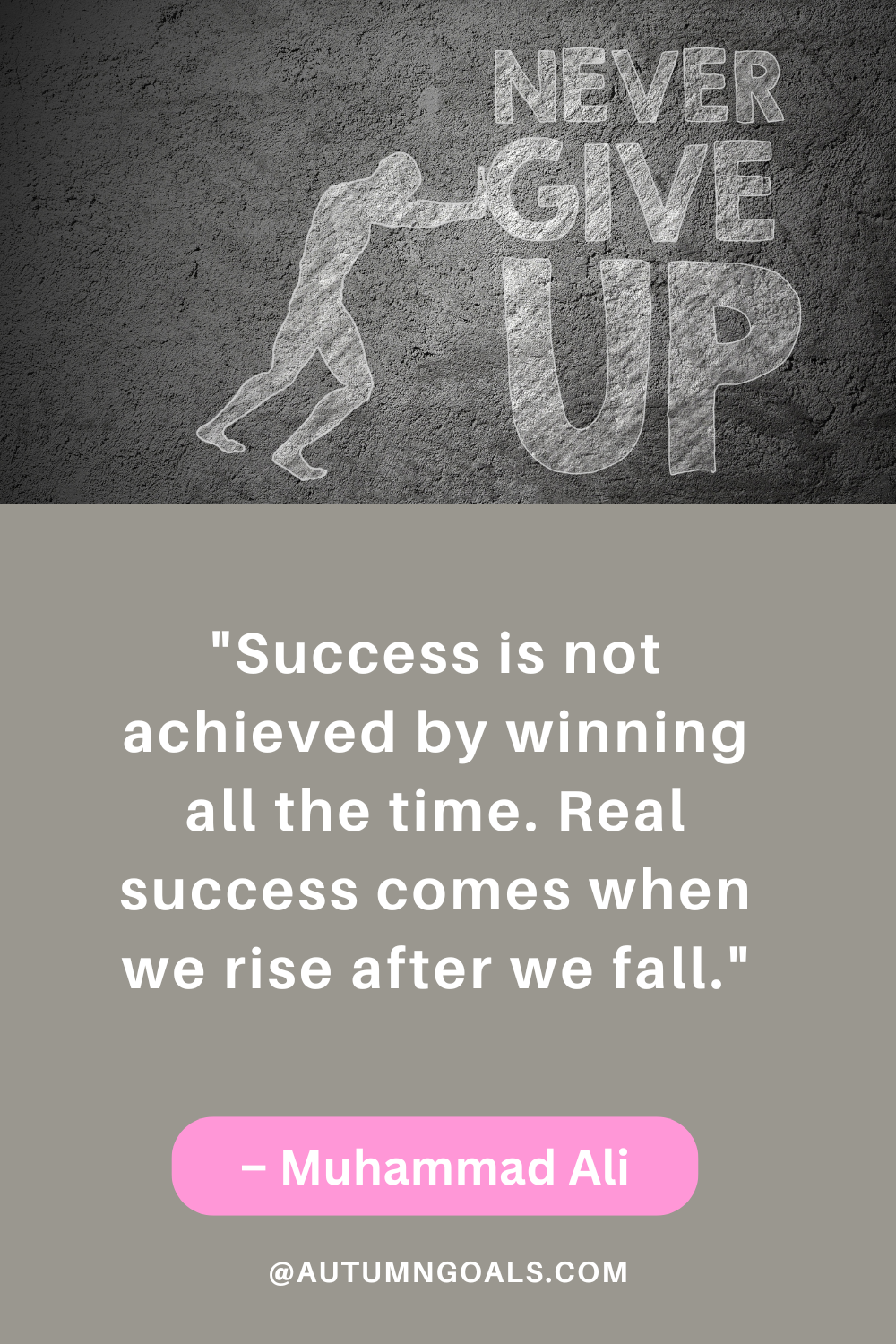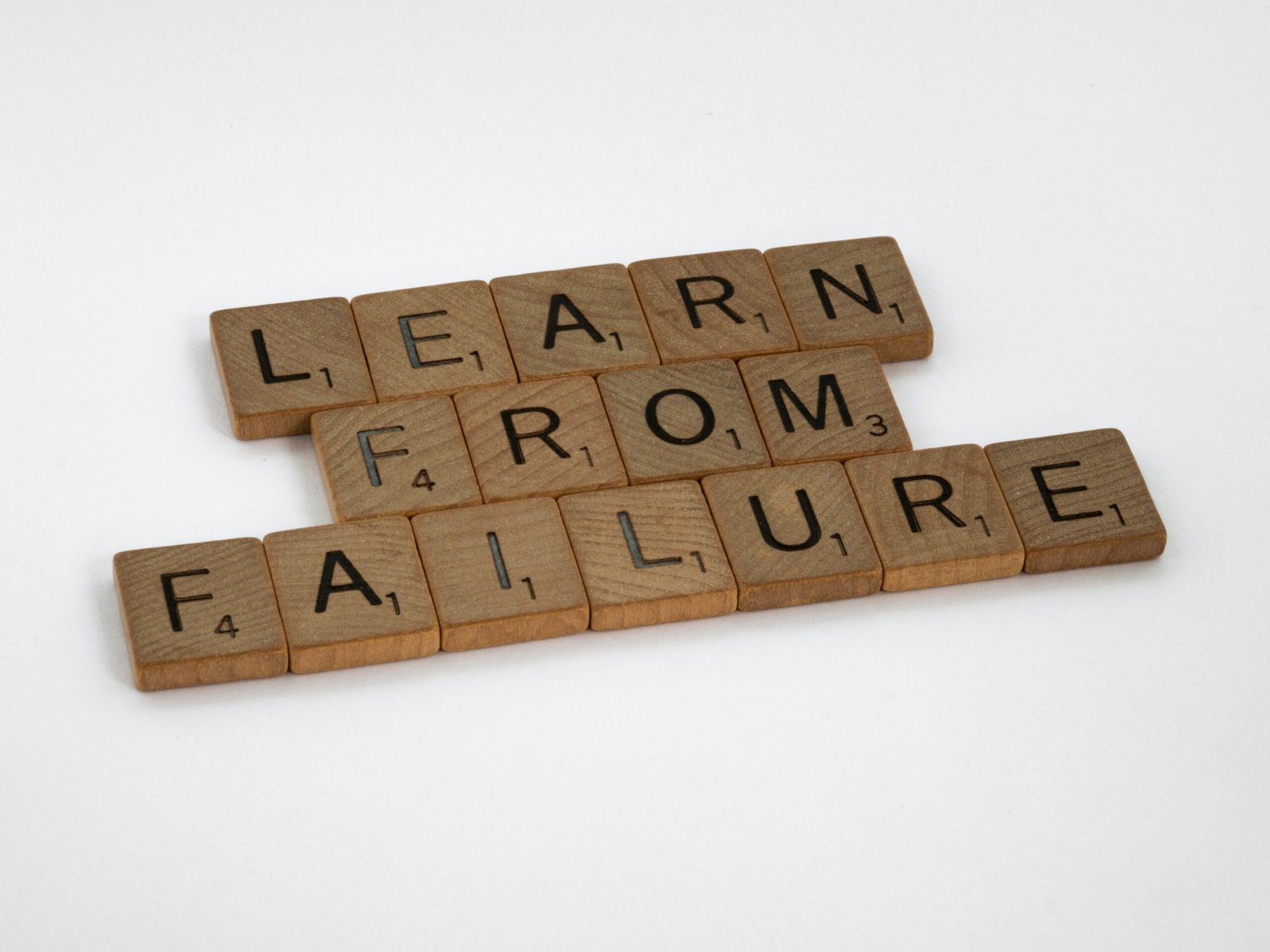The Role of Mentorship – Finding and Learning from Mentors
June 16, 2024 | by autumngoals.com

The Role of Mentorship in Personal Development
Personal development is a lifelong journey, one that can be significantly enriched by the presence of a mentor. Mentorship offers a unique blend of guidance, support, and insight that can accelerate personal growth and help individuals navigate the complexities of life and career.
In this blog post, we will delve into the role of mentorship in personal development, explore how to find and learn from mentors, and discuss the numerous benefits of these invaluable relationships.
The Power of Mentorship in Personal Development
Mentorship is more than just a professional relationship; it’s a powerful tool for personal growth. A mentor provides experience-based knowledge, encouragement, and accountability, helping mentees achieve their personal and professional goals.
Guidance and Knowledge Sharing
Mentors share their wealth of knowledge and experiences, offering valuable insights that can help mentees make informed decisions, and to avoid common pitfalls. This transfer of knowledge is crucial for personal development as it shortens the learning curve and provides a clearer path towards achieving goals. The mentor becomes a guide.
Consider a young entrepreneur who is new to the business world. A mentor with years of experience in the industry can offer practical advice on everything from business planning to managing finances, thus significantly increasing the mentee’s chances of success.
Emotional Support and Encouragement
One of the most profound aspects of mentorship is the emotional support and encouragement mentors provide. Navigating life’s challenges can be daunting, and having someone to offer reassurance and motivation can make all the difference. Learn from someone who has already been on the path you are trying to take.
Imagine a college student feeling overwhelmed by their academic workload. A mentor who has faced similar challenges can offer strategies to manage stress, stay organized, and maintain a healthy work-life balance, boosting the student’s confidence and resilience.
Accountability and Goal Setting
Mentors help mentees set realistic, achievable goals and hold them accountable for their progress. This accountability is a powerful motivator and ensures that mentees remain focused and committed to their personal development objectives.
An individual looking to improve their fitness may struggle with maintaining a consistent exercise routine. A mentor in the form of a personal trainer can help set attainable fitness goals and regularly check in on progress, providing the necessary push to keep the mentee on track.

Finding the Right Mentor
Finding a mentor who aligns with your personal and professional goals is essential. Here are some steps to help you identify and approach potential mentors.
Identify Your Goals and Needs
Before seeking a mentor, it’s important to have a clear understanding of your own goals and what you hope to achieve through mentorship. This self-awareness will guide you in finding someone who has the relevant experience and expertise.
You could make a list of specific areas where you seek improvement, such as leadership skills, industry knowledge, or work-life balance. This will help you narrow down potential mentors who can provide targeted guidance.
Network and Build Relationships
Networking is key to finding potential mentors. Attend industry events, join professional organizations, and engage in online communities to meet experienced individuals who can offer valuable insights.
For example, a budding writer might join a local writers’ group or participate in writing workshops to connect with established authors who can offer mentorship and guidance.
Approach with Respect and Clarity
When reaching out to a potential mentor, be respectful and clear about your intentions. Explain why you admire their work and how you believe they can help you achieve your goals. Be prepared to discuss what you hope to gain from the mentorship and how you plan to contribute to the relationship. The relationship needs to benefit both parties.
You could draft a thoughtful, concise message outlining your goals and why you think they would be a great mentor. Show appreciation for their time and be open to discussing how the mentorship could work.
Learning from Mentors
Once you have established a mentorship relationship, it’s important to actively engage and make the most of the opportunity.
Be Open to Feedback
One of the primary benefits of having a mentor is receiving constructive feedback. Embrace this feedback with an open mind and a willingness to improve. Remember, your mentor’s insights are meant to help you grow, even if they sometimes highlight areas for improvement.
A young manager, for example, might receive feedback on their leadership style, learning that they need to develop better communication skills. By taking this advice to heart, they can work on enhancing their interactions with their team.
Set Regular Meetings and Track Progress
Consistency is key in a mentorship relationship. Schedule regular meetings with your mentor to discuss your progress, challenges, and any new goals. This regular interaction helps maintain momentum and ensures that you are continuously working towards your development objectives.
You could use a journal or digital tool to track your progress and document key takeaways from your mentoring sessions. This will help you stay organized and reflect on your growth over time.
Show Appreciation and Offer Value
A successful mentorship is a two-way street. Show appreciation for your mentor’s time and insights and look for ways to offer value in return. This could be as simple as sharing useful resources, offering a fresh perspective on a topic, or assisting with a project.
If your mentor is an experienced business professional, for example, you might offer to help with their social media strategy, bringing a fresh, modern approach that they may find valuable.

The Benefits of Mentorship
The advantages of having a mentor extend far beyond the immediate guidance and support. Here are some long-term benefits of mentorship in personal development.
Accelerated Learning and Skill Development
Mentorship can significantly speed up the learning process. By leveraging the mentor’s experiences and insights, mentees can quickly acquire new skills and knowledge that would otherwise take years to develop.
For example, a novice photographer learning under a seasoned professional can rapidly improve their technical skills and artistic eye, benefiting from practical tips and real-world experience that a classroom setting might not provide.
Increased Confidence and Self-Esteem
The encouragement and support from a mentor can boost a mentee’s confidence and self-esteem. Knowing that someone believes in their potential can empower individuals to take on new challenges and strive for greater achievements.
An aspiring public speaker, for example, who receives positive feedback and constructive criticism from a mentor can gradually build the confidence needed to speak in front of large audiences.
Expanded Professional Network
Mentors often introduce their mentees to their own professional networks, providing valuable connections that can open doors to new opportunities. These expanded networks can be instrumental in career advancement and personal growth.
For example, a young lawyer being mentored by a senior partner in a law firm may gain access to influential contacts in the legal community, leading to job offers, partnerships, or other professional opportunities.
Long-Term Personal Growth
The lessons learned from a mentor extend beyond immediate goals and challenges. The wisdom and experiences shared by mentors can shape a mentee’s approach to life and work, fostering long-term personal growth and development.
A mentor who emphasizes the importance of work-life balance can instil values that help a mentee maintain a healthy, fulfilling lifestyle throughout their career.
Mentorship for Personal Development
Mentorship plays a crucial role in personal development, offering guidance, support, and opportunities for growth that are invaluable in both personal and professional contexts. By finding the right mentor, actively engaging in the relationship, and embracing the lessons learned, individuals can accelerate their personal development and achieve their goals.
“Tell me and I forget, teach me and I may remember, involve me and I learn.” – Benjamin Franklin
Whether you are seeking to advance your career, improve a specific skill, or navigate life’s challenges, a mentor can provide the insights and encouragement needed to reach your full potential. Embrace the journey of mentorship, and you will find yourself on a path of continuous growth and self-improvement.
As you embark on this journey, remember that mentorship is a two-way street. Be proactive in your learning, show appreciation for your mentor’s time and wisdom, and look for ways to give back. The relationships you build through mentorship can become some of the most rewarding and impactful connections in your life.

In conclusion, mentorship is a transformative experience that can significantly enhance personal development. It provides a supportive framework for learning, growth, and achieving one’s aspirations. Whether you are a mentee looking for guidance or a mentor eager to share your wisdom, the mentorship journey is a powerful and rewarding path to personal and professional fulfilment.
RELATED POSTS
View all



